Estimated reading time: 6 minutes
There is a lot of information out there about how to live frugally, and while some can be extremely helpful, a lot just don’t work.
Case in point? The frugal living myths that are described below. The following tips might help you save money in the short term, but they're not going to help you in the long run.
So before you give them a try, make sure you know what you're getting yourself into.
Want to save this post for later? Click Here to Pin It On Pinterest!
1. You Can Garden to Save Some Money
Although gardening can help you save money in the long term, it’s definitely not a fast track to financial freedom. Unless you have some experience with gardening (and have all the equipment you could possibly need to get started – which is unlikely) you’re going to need to spend some money when you’re first getting started.
After all, you need to buy seeds, containers, plants, watering cans, fertilizer, and so much more just to start. While there are lots of other benefits of gardening – like improving your health and being able to feed your family healthier foods – it won’t necessarily free up a ton of cash for you.
You don’t have to produce all of your food on the homestead. Even if you can grow just a few things – maybe all of your leafy greens and poultry – you’ll be making a huge step toward self-sufficiency.
Remember, you might not save a lot of money, but there are plenty of other benefits to homesteading regardless.
2. Credit is the Enemy
Many people believe that buying anything on credit – whether it’s with a loan, credit card, or anything else, for that matter – is not a smart financial move.
However, a good credit score is necessary for many things that don’t have anything to do with borrowing – like finding rental housing or sometimes, even getting a new job. You need to have a good credit score and the only way to build credit is, of course, to use credit.
That doesn’t mean you need to go into debt. You can use credit only for necessary expenses and pay off those bills in a timely fashion to improve your credit score.
3. Clearance Buys are Good Buys
We often get wrapped up in the idea that if something is cheap, it must be a good deal. Not always the case! If you’re buying T-bone steak on clearance for $1.99/lb, there’s a good chance that it’s past its prime.
Whatever you save on your grocery bill you’re probably going to spend at the ER when you wind up with food poisoning.
That’s not to say that clearance is always a bad choice – but you need to still be a wise shopper.
4. You Should Always Buy in Bulk
Most of us homesteaders are big advocates of buying in bulk and storing things in bulk. That works just fine for things like dry pasta and beans – anything with a long storage life.
The catch here is that the items not only need to have a decent shelf life, they also need to have their place in your home. They should be things you actually use and need. Also, make sure you’re still pricing things out.
Some savvy retailers have caught on to the fact that shoppers like to buy in bulk to save money – and therefore, the bulk rate is sometimes even more per ounce or unit when you buy in bulk. Just check the per-unit price before you buy anything.
5. Buying Used Is Always the Best Choice
Sometimes, buying used it isn’t the best option. If you’re buying a new appliance, electronic, or even a car with a phenomenal warranty or major discounts, you may end up saving more money by buying brand new over used.
When you factor in the reality that used items will soon need repairs, buying new may make even more sense.
6. Going Off-Grid Will Save You Money
Going off-grid isn’t easy – and it isn’t always affordable.
While it’s true that switching to solar or wind energy might save you money in the long term (and is probably better for the planet), these facilities cost thousands of dollars to install. Many won't recoup their installation costs for decades with their potential savings.
Don’t think that your homestead needs to be totally off the grid – it can be completely on the grid or even partially powered off the grid.
Whatever the case may be, know that you don’t have to do it all at once – and that in any event, it won’t necessarily save you money, either. That shouldn’t be your biggest motivation in switching to these technologies.
7. “X” is Bad
Treating yourself to travel is bad for your budget. Ditto going out for coffee, dinner, or buying any kinds of treats (even regular subscriptions, like cable) is bad.
Sure, these things don’t have to be part of your budget. But it’s also important that you don’t deprive yourself of the things you truly enjoy or sticking to a budget will be much harder than it needs to be.
Take a close look at your budget and figure out what items you truly need – those are the ones to prioritize first. Then, consider the ones that you might not need, but bring you true joy. See if you can make some space for those, too.
Frugal Living Tips to Try Instead
What are some tried-and-true tips for living a frugal life without going crazy? Here are a few to get you started.
Try using cash instead of your credit card. Start small with your savings goals and gradually increase them as you become more comfortable with saving money. Automate your finances so that you have less opportunity to spend impulsively.
Finally, find creative ways to reduce your expenses by cooking at home, couponing, or taking public transportation instead of driving.
These are easy-to-follow tips that, despite their simplicity, are ones you can incorporate seamlessly into any lifestyle. Give them a try – and kick those frugal living myths that don’t really work to the curb!
Like this post? Don't Forget to Pin It On Pinterest!


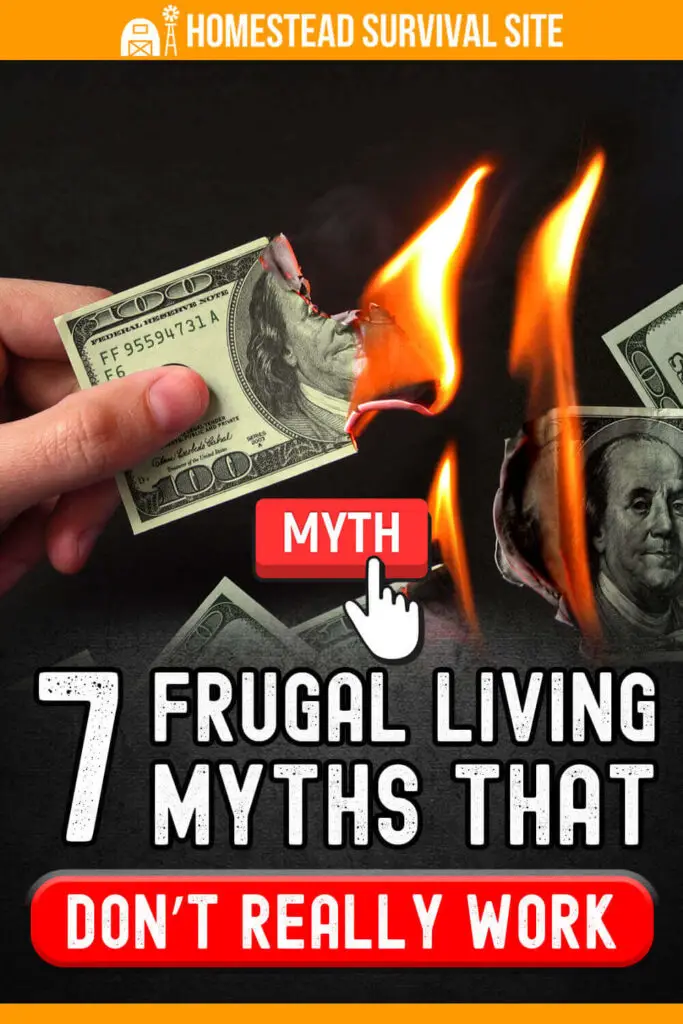
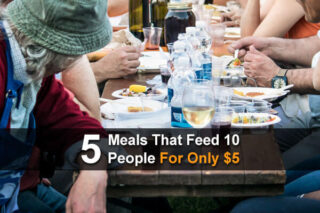
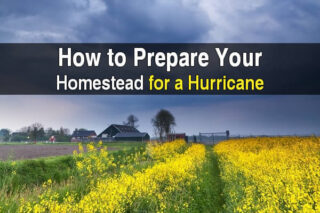


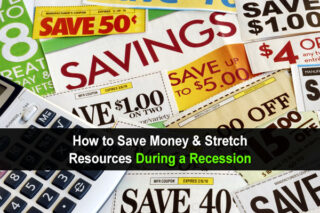
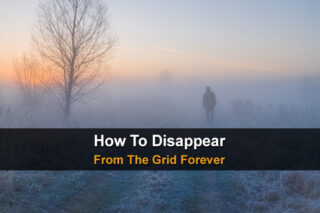
I keep seeing ads that the gov will set you up with solar at no cost. Ads like this always leave a big question mark in my mind.
Do you folks at Homestead Survival know anything at all about the legitimacy of these adds / program?
Thanks.
We don’t choose the ads. They’re usually based on your browsing history. You can’t get solar panels for free, but there are many states where you can get a tax incentive to buy solar panels, and some companies want to help you figure that out…for a fee. I would just start here: https://www.energy.gov/eere/solar/homeowners-guide-federal-tax-credit-solar-photovoltaics
Thanks for the reply and info!
Be VERY careful. I just watched a news story last week about people getting scammed by solar companies promising big gov’t rebates, and the rebates never seem to appear.
I hadn’t used credit in over 8 years. Guess what? I went to buy a car and it’s the same as having BAD credit.